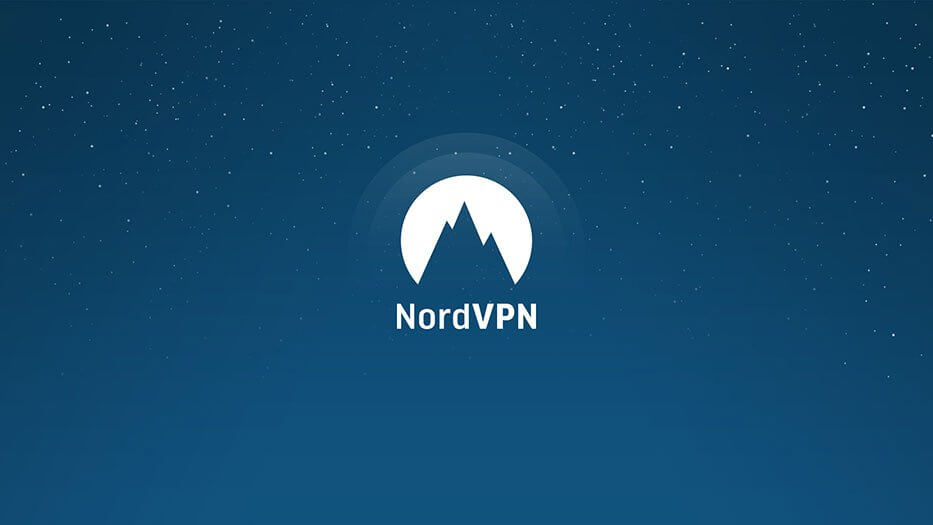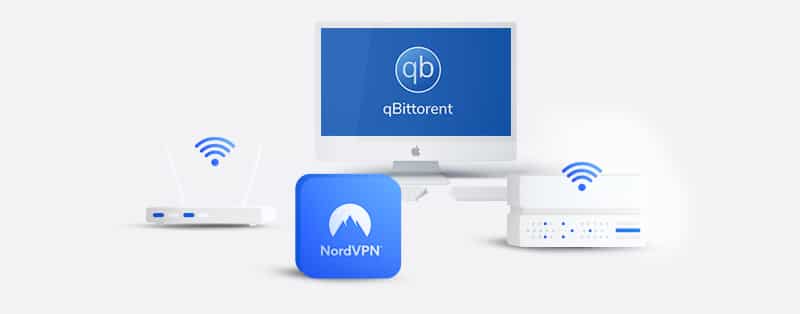

While they aren’t easily giving away your logs to government agencies to protect your privacy, the government has the upper-hand and can request audits or logs, especially when investigating criminal activity. The VPN providers in countries that abide by the Five Eyes surveillance agreement have to keep logs to comply with the law.
 The country a VPN company operates: Look for VPN services based in countries with flexible data collection and retention laws. When getting a new VPN, consider the following: These logs may include the amount of data per connection, timestamps, the IP of the VPN server, etc.īut usage logs and connection logs are not the only things to consider. VPN providers use connection logs for troubleshooting or forecasting. On the other hand, the VPN connection logs don’t contain sensitive information. They contain your IP address, the amount of data transferred, web services and websites you visit, and other sensitive metadata. The usage logs contain sensitive information-pretty much everything that defeats the purpose of privacy. VPN service providers usually collect usage logs and connection logs. What a No-Logs Policy Should Look Likeīefore delving deep into NordVPN’s logs, let’s see what type of logs or data a VPN service could keep from you, and what could they do with that?
The country a VPN company operates: Look for VPN services based in countries with flexible data collection and retention laws. When getting a new VPN, consider the following: These logs may include the amount of data per connection, timestamps, the IP of the VPN server, etc.īut usage logs and connection logs are not the only things to consider. VPN providers use connection logs for troubleshooting or forecasting. On the other hand, the VPN connection logs don’t contain sensitive information. They contain your IP address, the amount of data transferred, web services and websites you visit, and other sensitive metadata. The usage logs contain sensitive information-pretty much everything that defeats the purpose of privacy. VPN service providers usually collect usage logs and connection logs. What a No-Logs Policy Should Look Likeīefore delving deep into NordVPN’s logs, let’s see what type of logs or data a VPN service could keep from you, and what could they do with that? 
How can you ensure it protects your secrets? That’s where the no-logs policy comes in. In other words, the VPN server knows your secrets. However, the server knows your source IP address and has the key to unencrypt your traffic. Yes, the VPN provider has your identity (with data leak protection) fully covered from source to VPN server. Note: The VPN service provider is the last (and fifth) agent with access to logs of your internet traffic. Two birds for one-shot: encrypted traffic (gibberish) and a new internet identity (the server’s IP addresses).

A VPN creates a kind of encrypted tunnel between the VPN client and the server and lets you exit the internet with a completely new identity.
Nordvpn qbittorrent install#
Additionally, the admin could be curious enough to install a packet sniffer and read your unencrypted data.Ī solution (as you might already know) would be to use a virtual private network.
Corporate? If you are connected to the internet inside a corporate or university network, your traffic is likely being monitored or limited by a proxy or firewall. Government? Governments, especially from the Five Eyes alliance countries, will undoubtedly ask your local ISP for traffic logs (or even redirect traffic through a proxy/firewall, as is the case for China) to monitor and censor “abnormal” traffic. Your internet service provider has access to every single packet in your traffic. ISP? If you feel comfortable and secure at home with the assurance that your internet is only for you, think again. Hackers? If you are sharing a WiFi Access Point (AP) to access the internet with anyone from coffee shop visitors to your neighbor, they can run a packet sniffer and read some of your traffic.








 0 kommentar(er)
0 kommentar(er)
